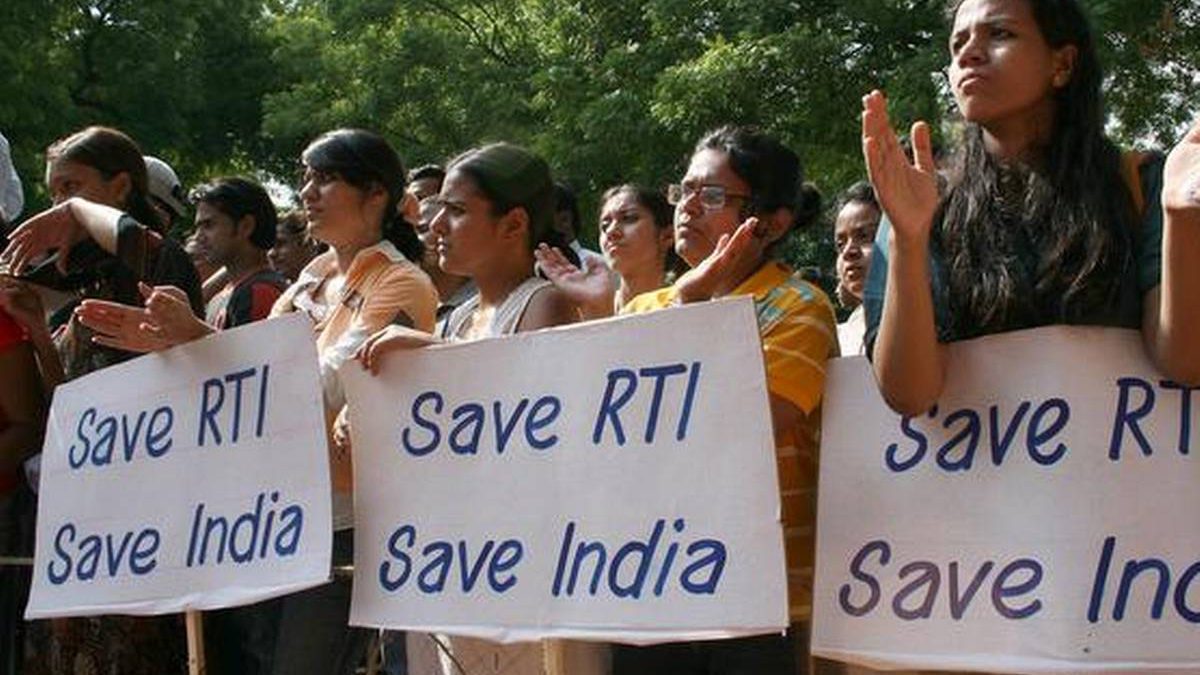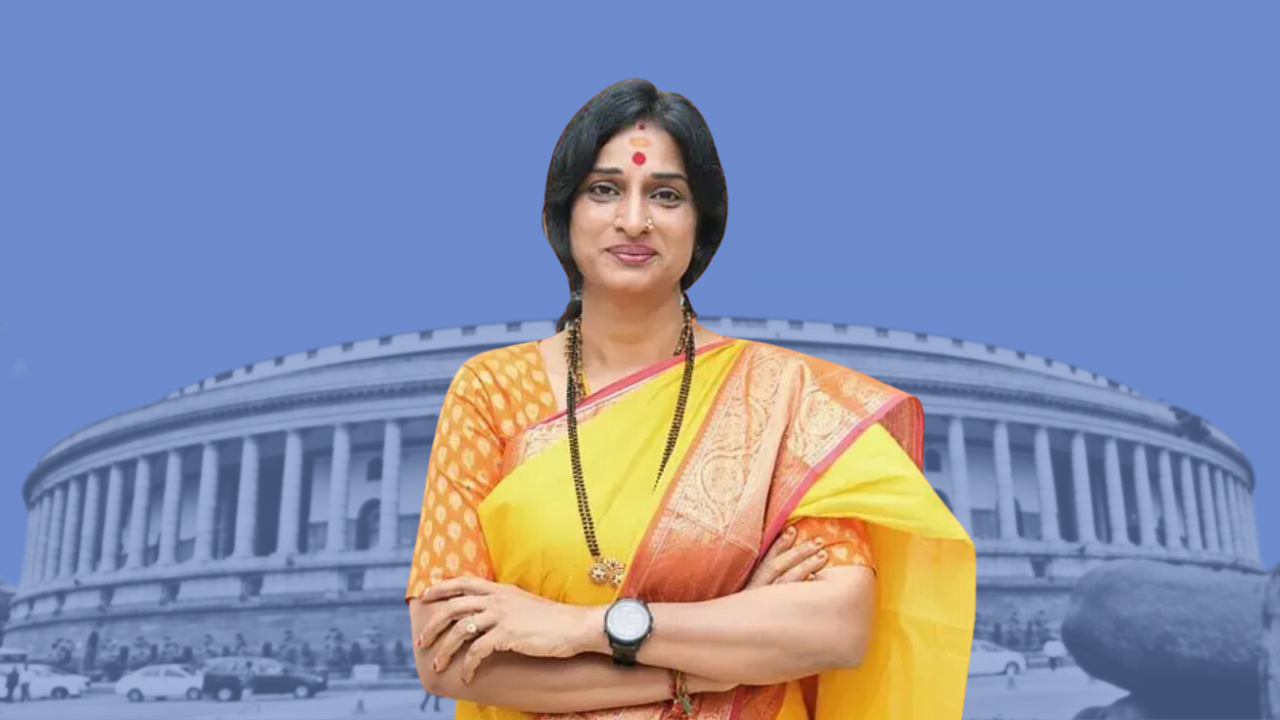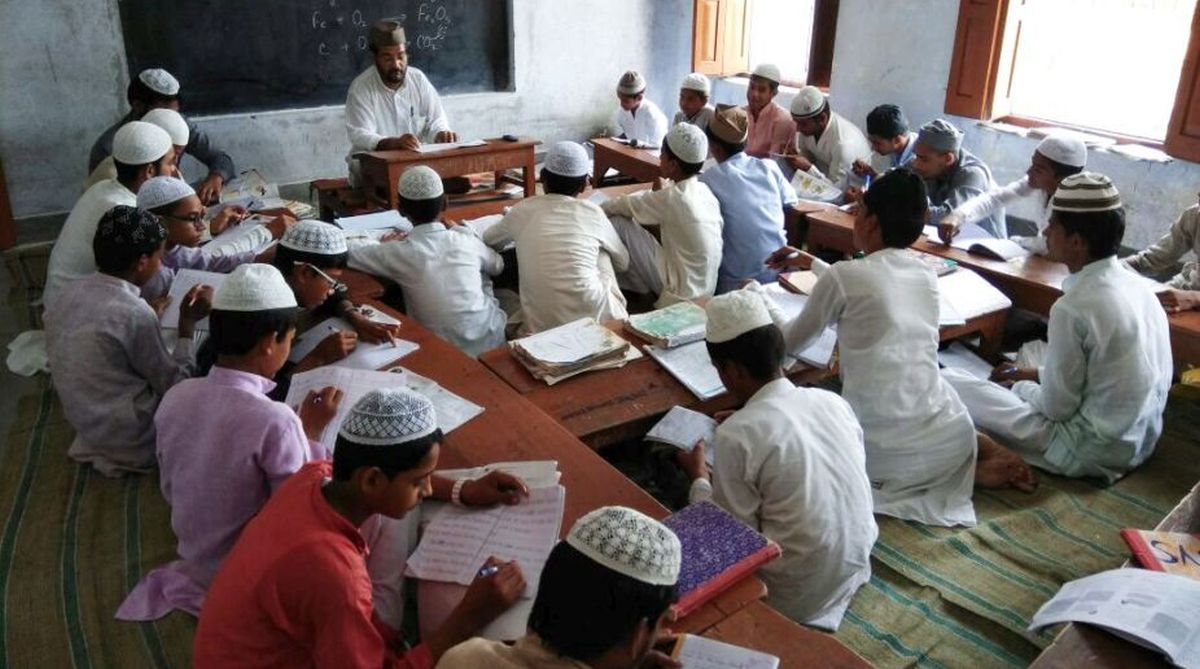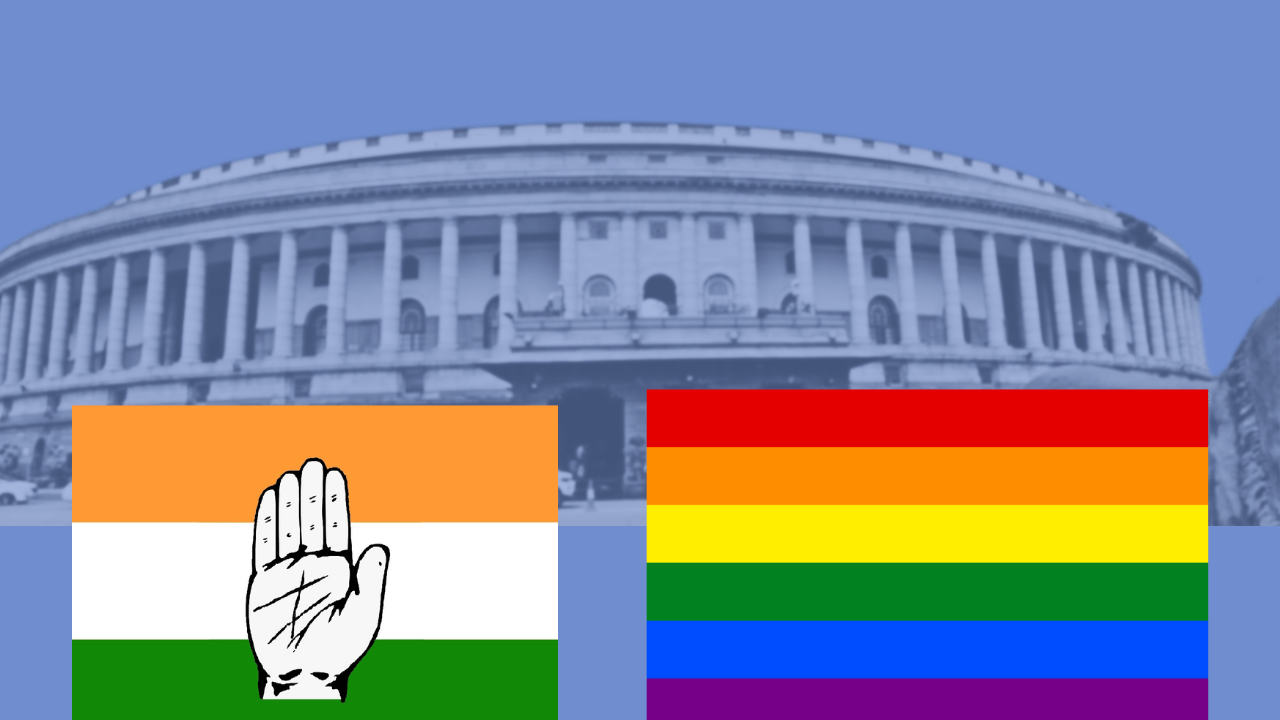While the Lok Sabha passed The Right To Information (Amendment) Bill, 2019, with 178 members voting in favour of the bill, and only 79 members voting against it, let us look back at the history of the Right to Information Act, that had been achieved through long struggles, which are still persist till today.
The Right to Information Act, emerged as a struggle in the grassroot level. It was deeply rooted in the concerns for survival and the justice of marginalised and most disadvantaged rural people, which emerged as an important milestone for the upholding and strengthening of democracy.

The Indian Constitution recognises The Right to Information Act as a fundamental right under both the Freedom of Expression (under Article 19(1) (A) and The Right to Life (under Article 21). To engage in further detailed discussion around this act, it is important to explore how it came into being.
MKSS or Mazdoor Kisaan Shakti Sangathan, a people’s organization which was initiated by Aruna Roy, aimed for the empowerment of workers and peasants in the villages of central Rajasthan, was set up in the year 1990. It aimed at bringing about the working class and peasant issues in the forefront. They emphasised that it is necessary to access relevant information, in order to ensure the transparency and accountability of the systems of governance that affect public interest.
The Indian Constitution recognises The Right to Information Act as a fundamental right under both the Freedom of Expression (under Article 19(1) (A) and The Right to Life (under Article 21).
By mid-1994, MKSS constructed a specific demand for copies of financial records of expenditure, collected by the local government institutions including the panchayats. The first public hearing of the MKSS was organised in December 1994. It established the significance of information for the people and emphasised on the disclosure of records. This laid the stepping stone for People’s Right to Information in India.
As a result of which in May, 2000, the Rajasthan State to Information Act was passed by the state legislature. By then, the campaign by MKSS grew more strong and visible. The Indian Constitution acknowledges the people as the sovereign power. MKSS strongly recommended that, to exercise the sovereignty responsibly, ethically and efficiently, people must have the right to know.

The National Campaign for the People’s Right to Information (NCPRI) was created in 1996. This campaign aimed at drafting effective legislation to be passed by the centre (Parliament) and the states. Since 1996, Right to Information Laws have been ratified in the states of Tamil Nadu (1996), Goa (1997), Madhya Pradesh (1998), Rajasthan (2000), Maharashtra (2000), Karnataka (2000), Delhi (2001), Assam (2002) and Jammu and Kashmir (2003). In June, 2000, a national bill was placed in parliament and was passed as the Freedom of Information Act but it was not notified. The Right to Information Act was passed by the Indian Parliament in June 2005, which came into effect on the 12th October, 2005.
This act aimed at empowering citizens to combat the corruption even at the grass root level. It aimed at breaching the secrecy between the people and the government. The rules and procedures are often not opaquely addressed to the masses leading to exploitation by unaccountable exercise of power. This act emphasizes that the public welfare should be characterised by transparency, accessibility and accountability. This would try and reduce the exploitative relationship between the bureaucratic power and people.
The practice of bureaucracy is fundamentally characterised by secrecy, distance and mystification. It is important to address that citizens can only make informed choices if they are aware of their rights and responsibilities, which would eventually help them to challenge the alienation that is created by state machines. This act aimed at ensuring that public would obtain access to documents, under the law, that may otherwise be available only at the disposition of the government.
This act emphasizes that the public welfare should be characterised by transparency, accessibility and accountability. This would try and reduce the exploitative relationship between the bureaucratic power and people.
However, the departments which are in charge of defence and national security do not fall under the purview of the Right To Information Act. However, the Right To Information Act was enacted by Jammu and Kashmir State on 20th March, 2009. But, maybe it is the only region in the entire country, the act has failed to create an impact. The complaints of incidents of injustice filed by the citizens of the state, remained unanswered.
As one of the report of Jammu and Kashmir suggested, “The information seeker wanted to enquire about the delay in information processing. Instead of accepting the facts and setting or solving the issue, the official threw a tantrum and traumatised the information seeker”. The information seekers of the concerned state have often adopted various other mediums including social media, to express their disappointment about their experiences with the officials of various government departments and allied agencies.
The legislation around bureaucratic secrecy owes its legacy to the colonial law. The Official Secrets Act (1923) authorized the government to deny the public access to many government documents on grounds of secrecy. This act clearly suggests that any actions involving the helping of the enemy state which violates the privacy of interest and security of nation, is strongly condemned. Punishment under the Official Secrets Act ranges from 3-14 years of imprisonment.
There is a constant negotiation around the law to be amended with modern outlook without compromising the national security. Under this act, individuals may be prosecuted even if the action was unintentional and not intended to endanger the security of the nation. The Right To Information Act vetoes the provisions of the Official Secrets Act or any other law which has provisions, in conflict with the transparency law.
The question of amendment of Official Secrets Act grew even stronger in 2015 in the light of increasing demands for declassification of the files relating to Netaji Subhas Chandra Bose. The recent controversy around Rafale deal, where the central government informed the Supreme Court, that documents linked to controversial Rafale deal were stolen from the defence ministry and the newspaper that published these files may have violated Official Secrets Act. While the Supreme Court dismissed all the petitions demanding CBI investigation into the Rafale Jet deal. However, the petitioners claimed that sourcing of these government documents had formed the foundation of arguments and evidences during the 2G and Colgate hearings where large scale corruption issues were involved.
Also read: Restitution Of Conjugal Rights: Legal Intrusion Into The Lives And Bodies Of Women
Nevertheless, the cost to truth has often been paid by blood. Though the Right to Information Act is ranked 5th best in the world, in terms of ensuring democratic rights to the citizens, since the RTI Act has been implemented, the deaths of 74 activists has been documented in India. An additional 164 activists have reported assaults while 180 have been threatened. A large number of activists have been silenced permanently as a result of the harassment. According to the Common Wealth Human Rights initiative, 68 activists have been outright murdered. The rest have been ruled out as suicides. However, the deaths have not been properly covered neither by mainstream national media nor newspapers. For instance, Rajesh Savaliya, RTI activist, was killed on July 19, 2017. But The Indian Express was the only national daily to report his death.
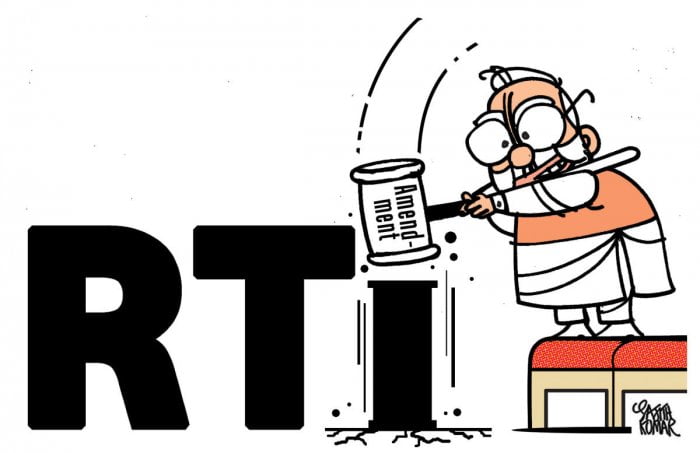
In October, 2015, a day before the Central Information Commission (CIC) organised a national convention to celebrate 10 years of RTI Act inaugurated by the Prime Minister, Narendra Modi, a 30 year old RTI activist Ratansinh Chaudhary was murdered for exposing financial asymmetry in Banaskantha district of Gujarat. There are many such instances which invariably raises the important question as to why there is a constant attempt to silence the opinions which challenges the corruption and other illegal activities in the largest democracy of the world.
The demand for transparency has taken lives of many activists and instilled fear amongst many who are fighting to ensure the democratic rights of citizens of the country. This has posed an important question as to why there is a lack of presence of strict laws for the protection of ‘whistle blowers’. Though Whistle Blowers Protection Act has included a clause that prevents whistle blowers from prosecuted under the Official Secrets Act, but it does not ensure the protection of the individuals filing RTI.
Also read: What Does The Right to Education Act 2009 Actually Mean To Students Today?
The instances of under reporting by the media has also lead the issue to take a backseat. The conversation around how individuals are violently executed if they aim to expose the secrecy of bureaucracy should be one of our major concern, as this strictly infringes upon the democratic rights of the citizens. The practice of instilling fear and usage of silence as a weapon would simply lead to strengthening of hypocrisy and downfall of democracy.
Featured Image Source: The Hindu
